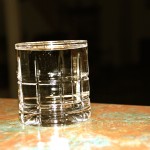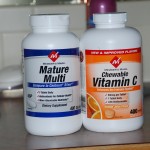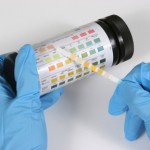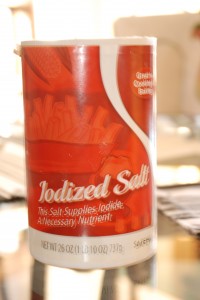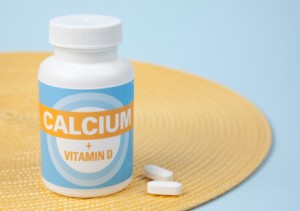I just read an article in the Annals of Internal Medicine, the journal published by the American College of Physicians. Although I've been retired since 1998, I still am a Fellow of the ACP and their publication is the only medical journal I subscribe to and read (at least scan) regularly.
This months Annals had a meta-analysis, a review of multiple papers, on the subject of behavioral counselling and its effects on cardiovascular disease. I scanned it and wasn't overwhelmed; then I read it in detail and was highly impressed.
The authors, two physicians, one PhD and a person with a Masters degree in science, reviewed 13,562 abstracts and 481 articles, looking at the effects of low-level, intermediate-intensity and high-intensity counseling that was intended to promote either an increase in physical activity or a healthy diet or both.
They were looking at the effects counseling produced in patients who did not have cardiovascular disease, hypertension, diabetes or abnormal blood lipids. Some did have borderline high blood pressure or other risk factors, most did not.
At first I thought the relatively small results meant that the time wasn't well spent. Blood pressure was reduced in most studies, but not by much; the same was true for lipids.
But there were almost no ill effects (they estimated one heart attack would occur per 1.42 million person-hours of exercise, usually in people who started as couch potatoes.
But the unimpressive decrements in blood pressure, especially in those with borderline BPs to start and the relatively small changes in cholesterol and LDLs, when translated to large population groups, were stunning.
A decreased incidence of coronary heart disease (CHD) of 6 to 16%, 30% in those more at risk, from what seemed a tiny change in BP, was impressive. A 25% decrease in CHD from a 10% decrease in total serum cholesterol was also striking.
Most of these counseling session, of course, especially the more intensive and repetitive ones, would be done by someone other than the physician involved.
But I finished reading the article and said, "Counsel on, nurses and therapists." it certainly seems worth it in both normal-weight and overweight, but not obese people. I'm less sure of the results in that group and they didn't appear to be involved in these research projects.
I had thought that most of us blow off the words directed to us in these kinds of medical encounters. Maybe that's changing and it's about time.



